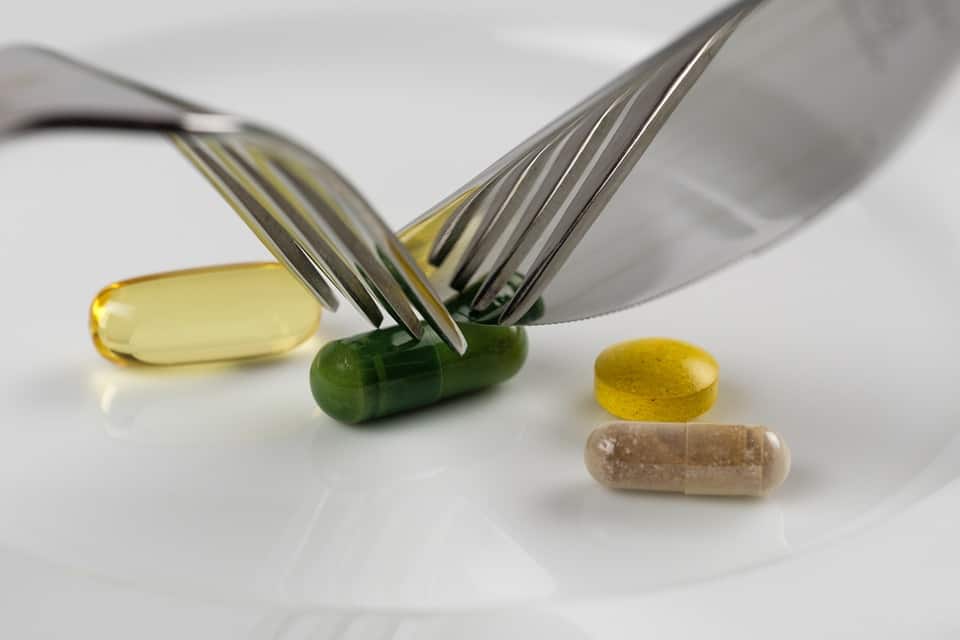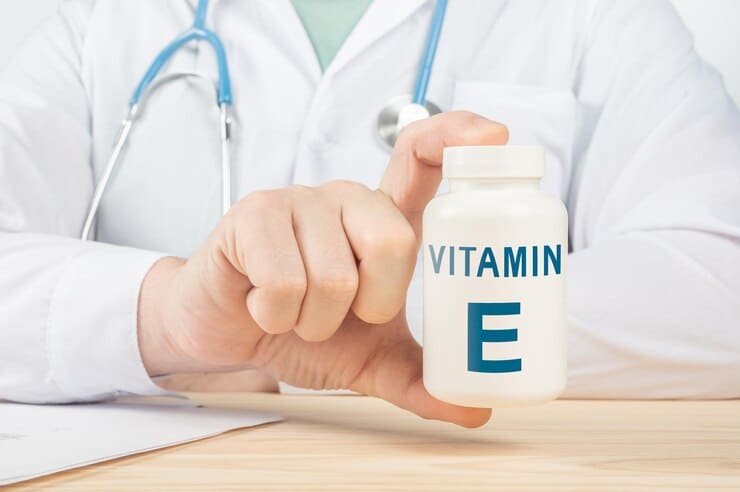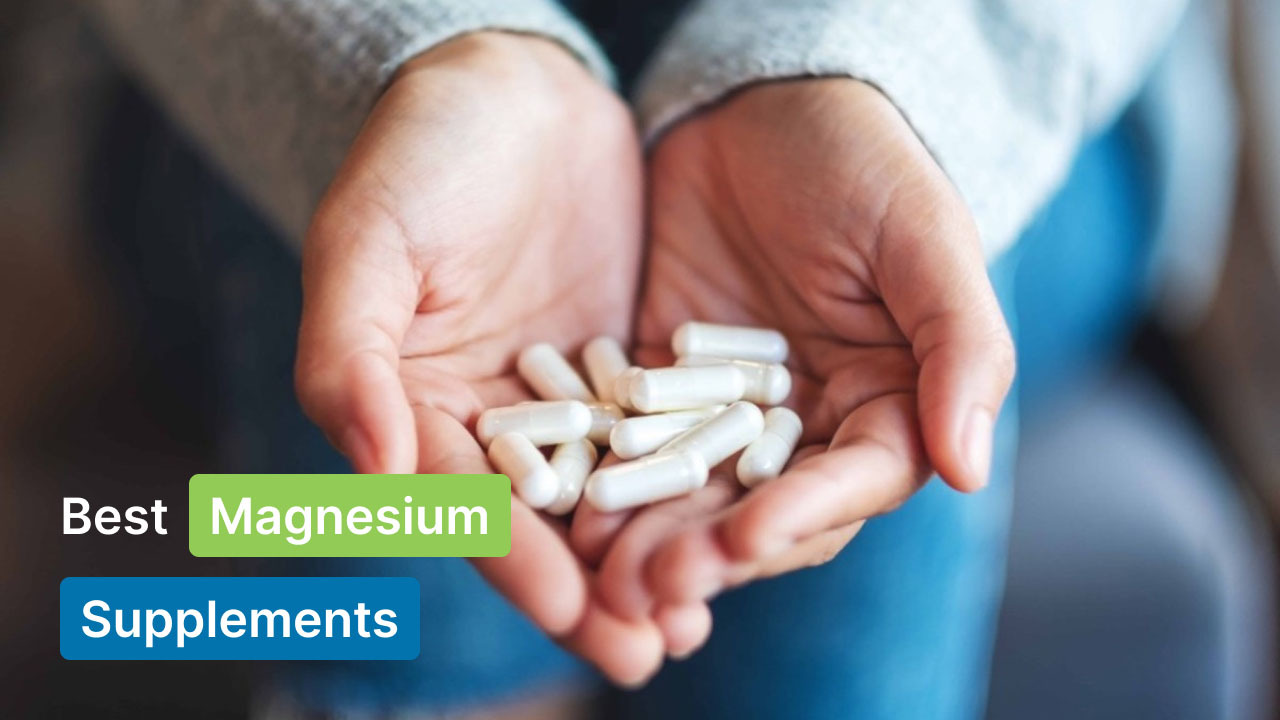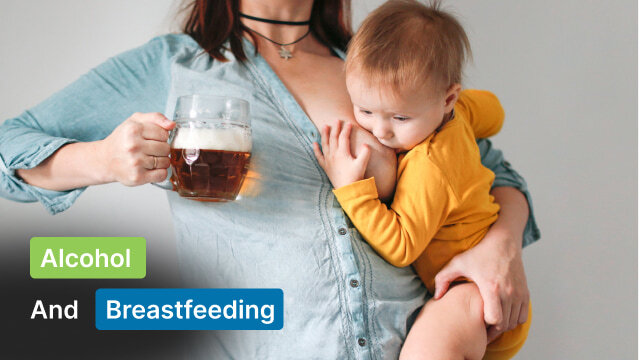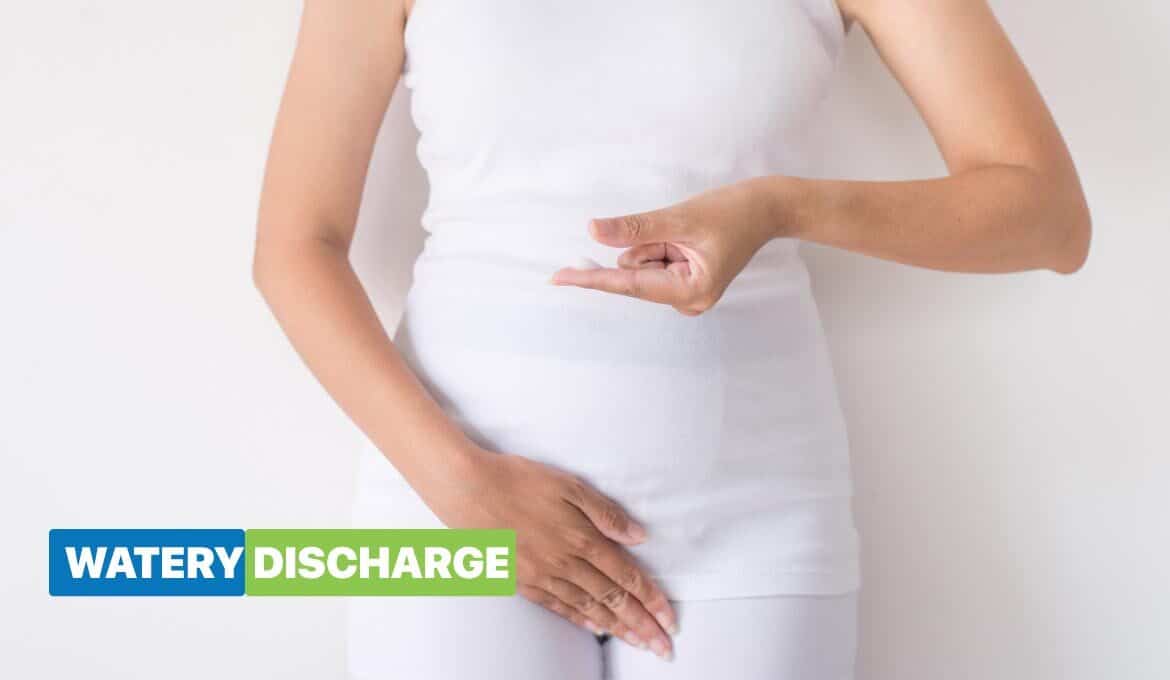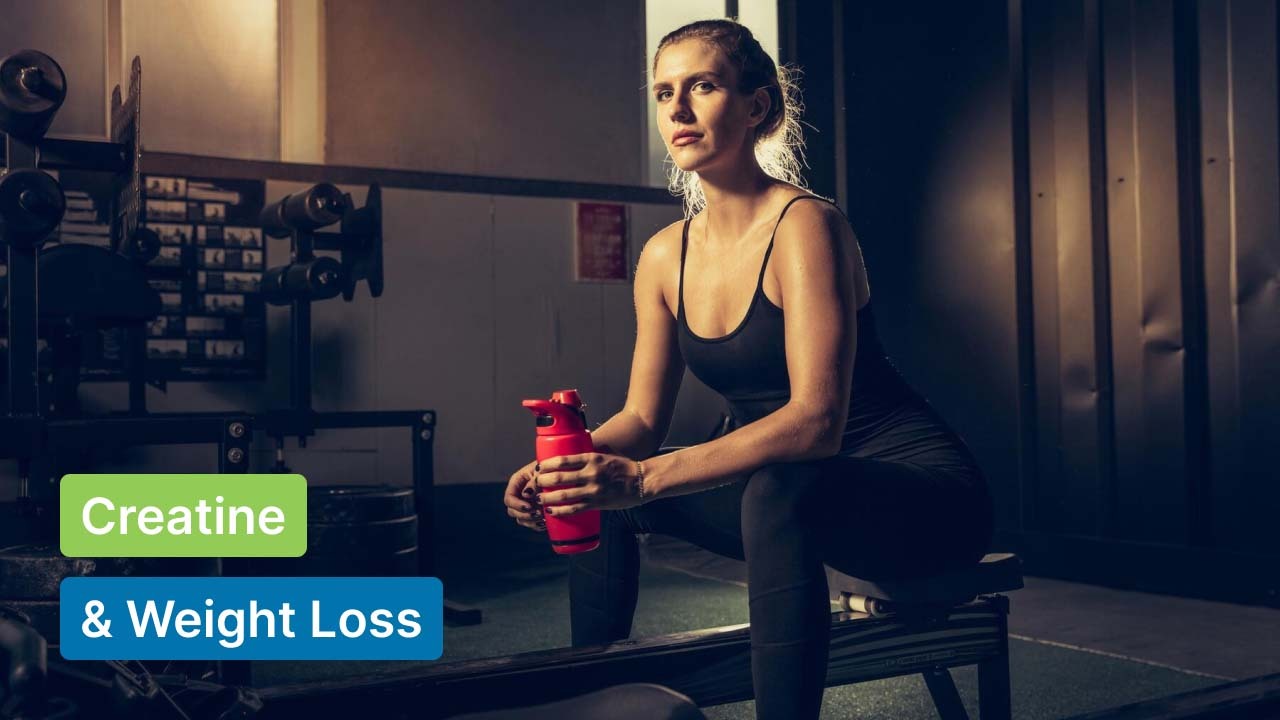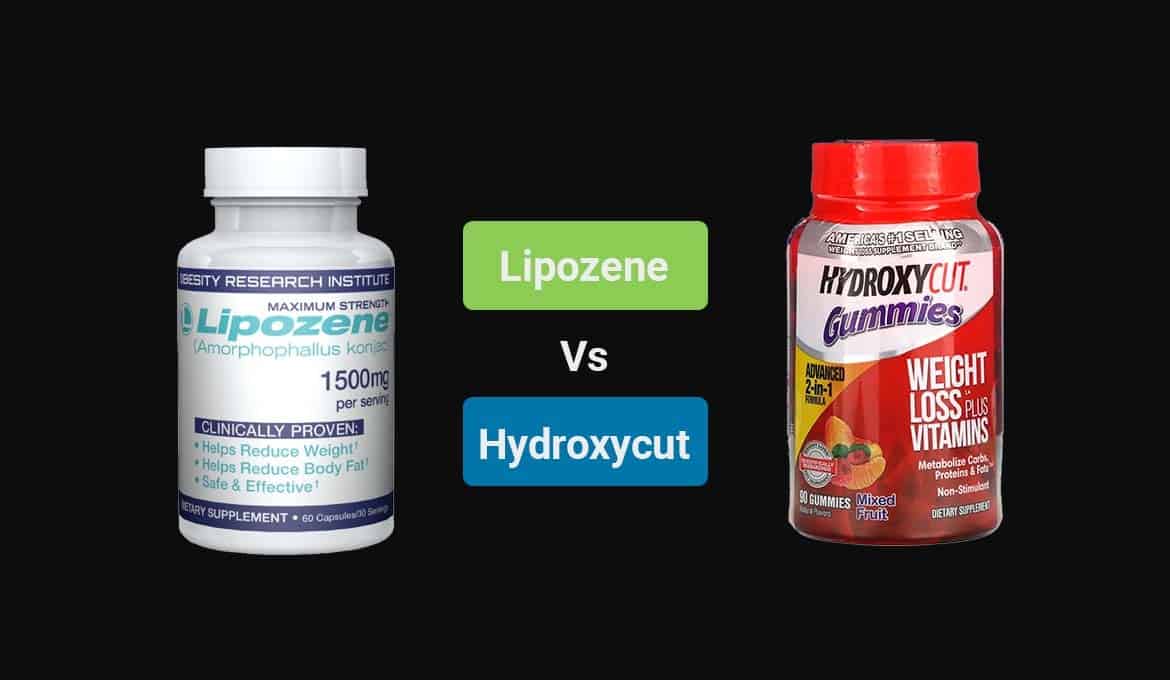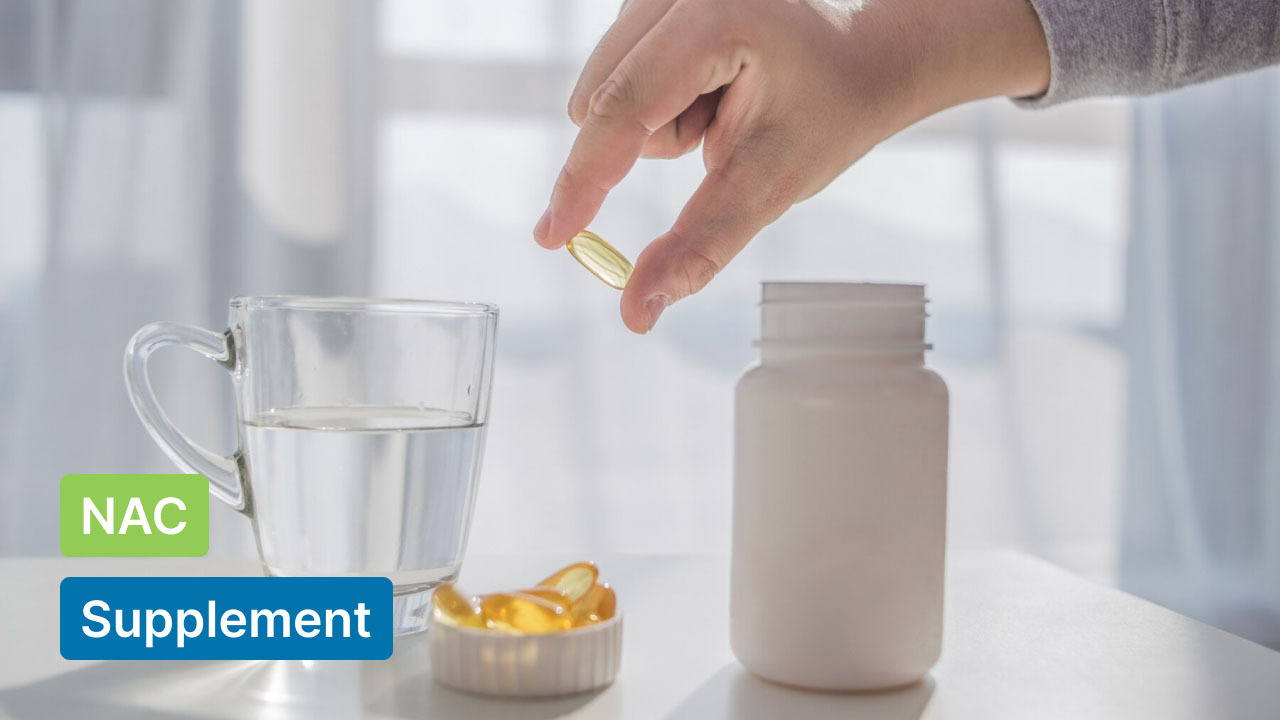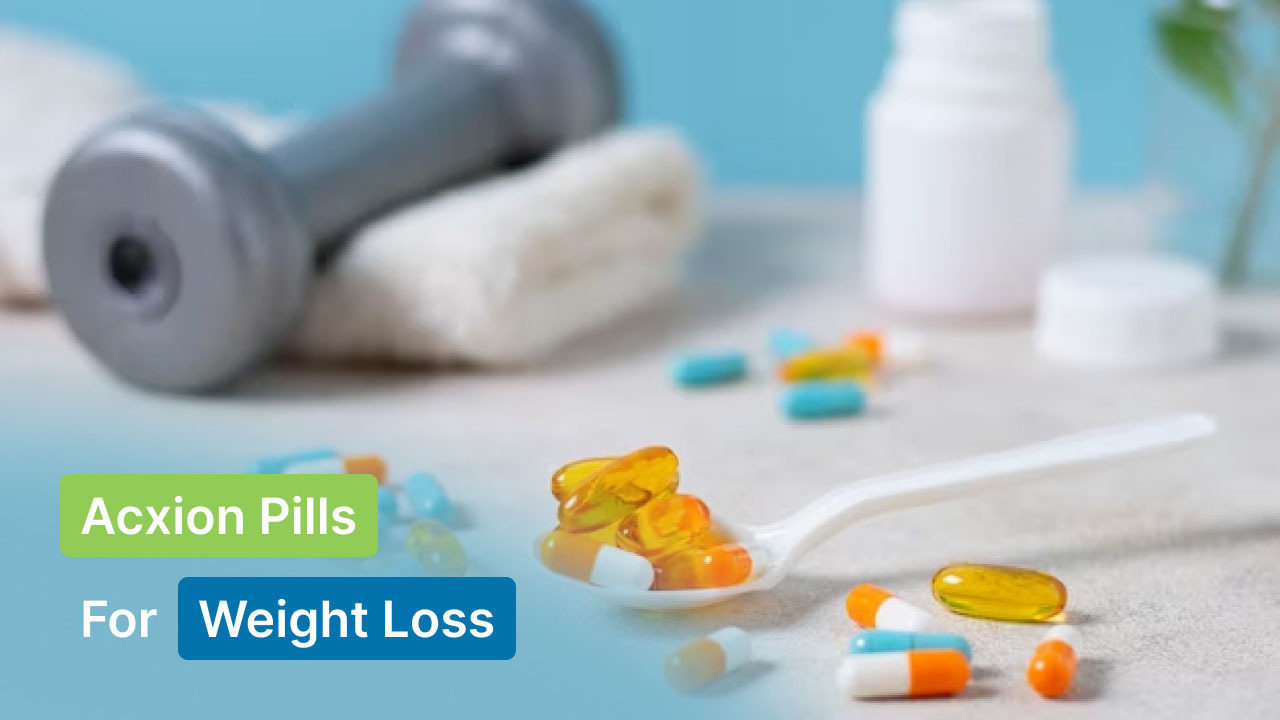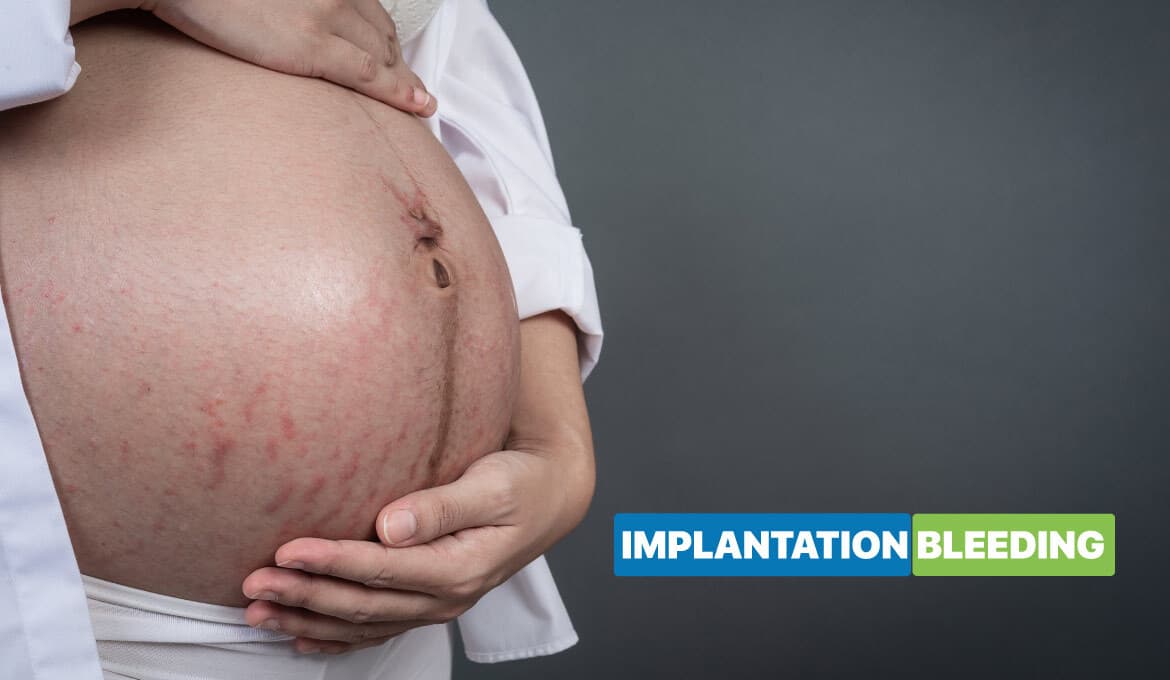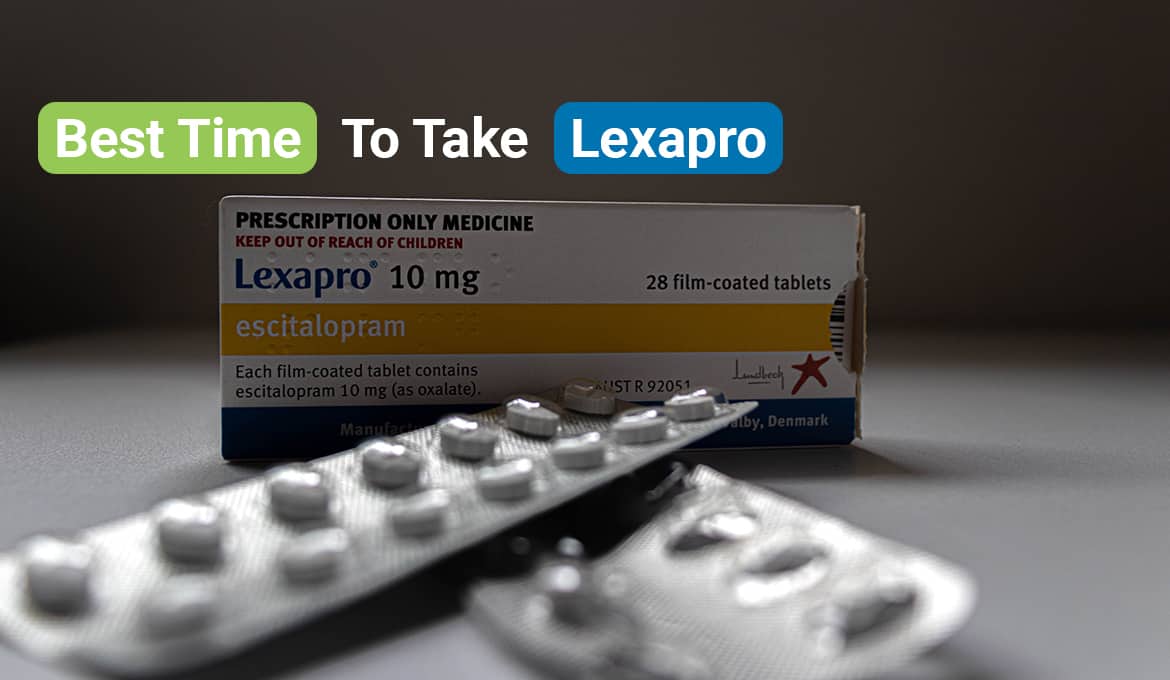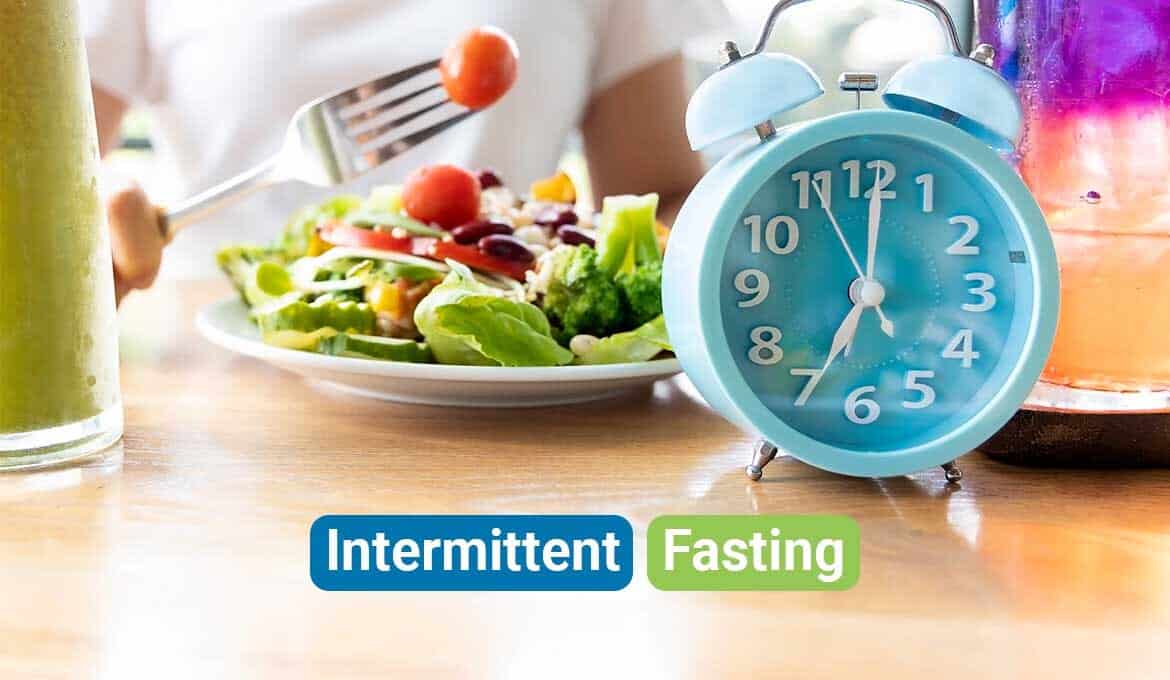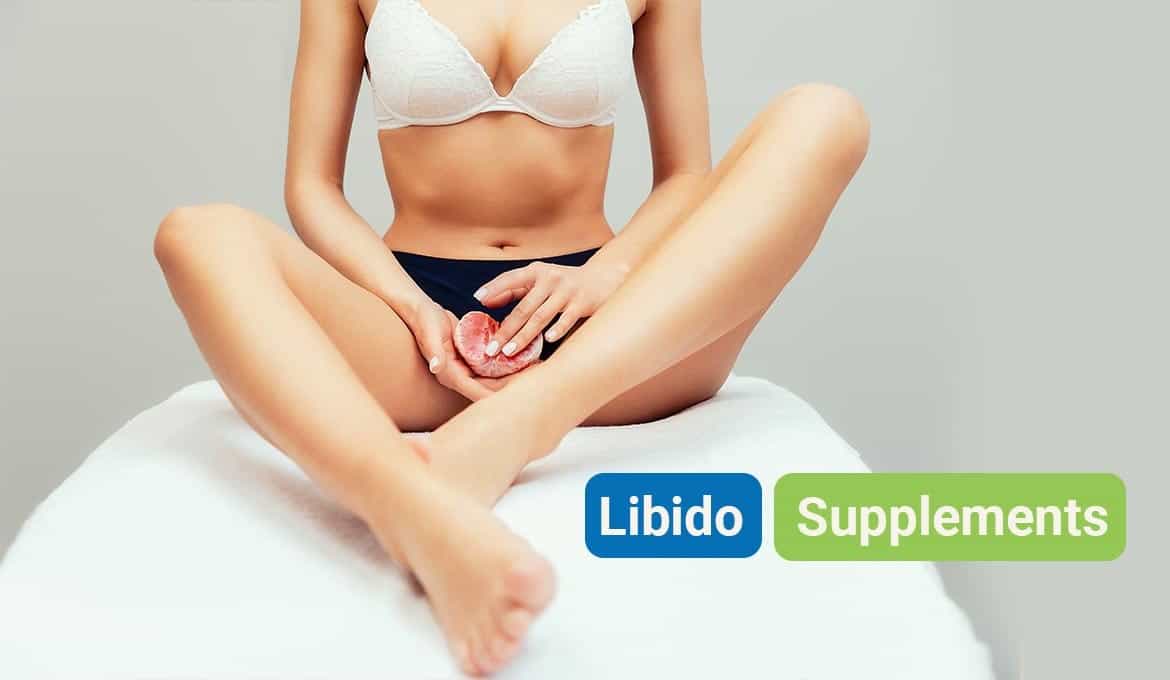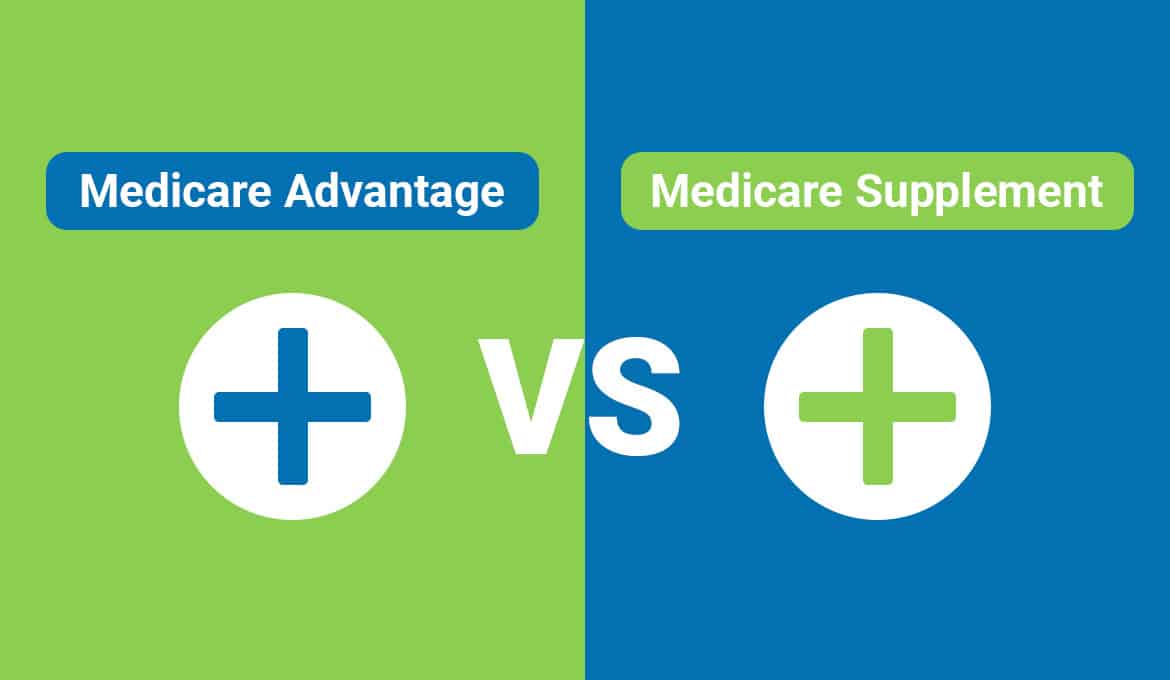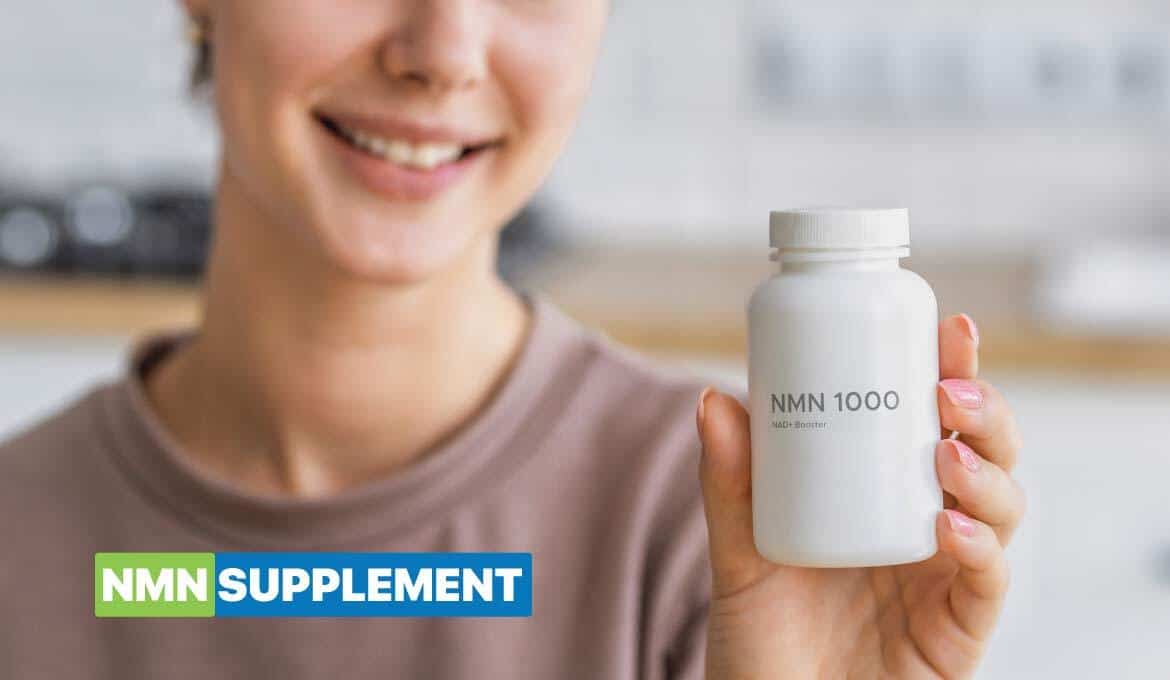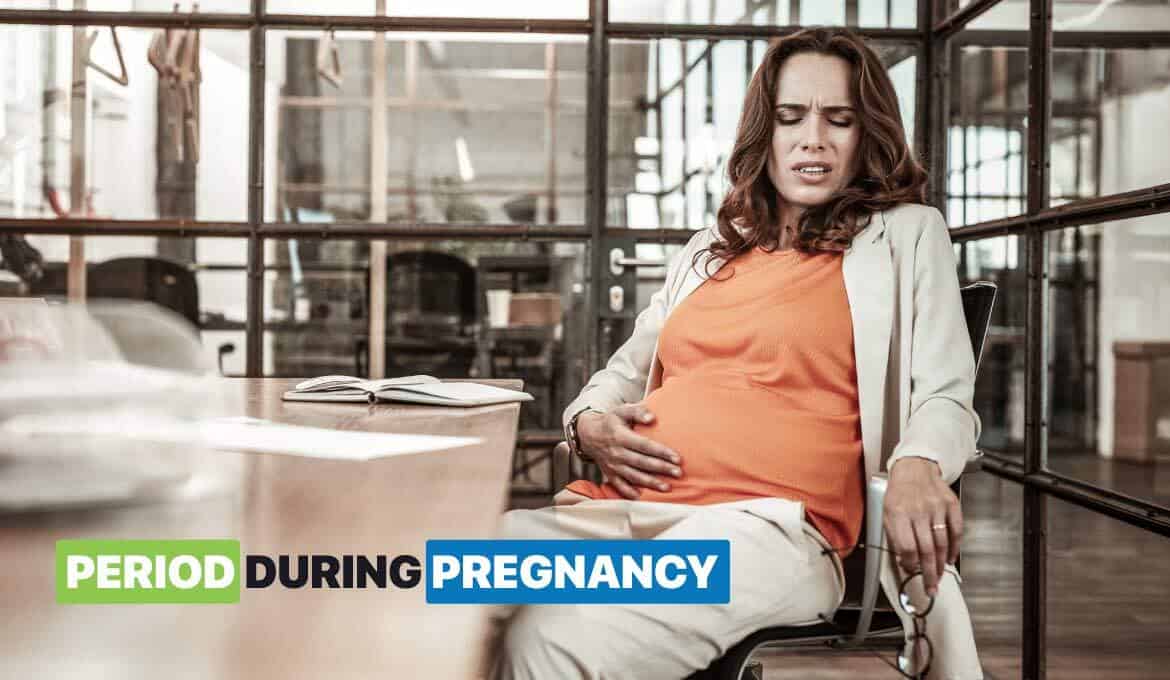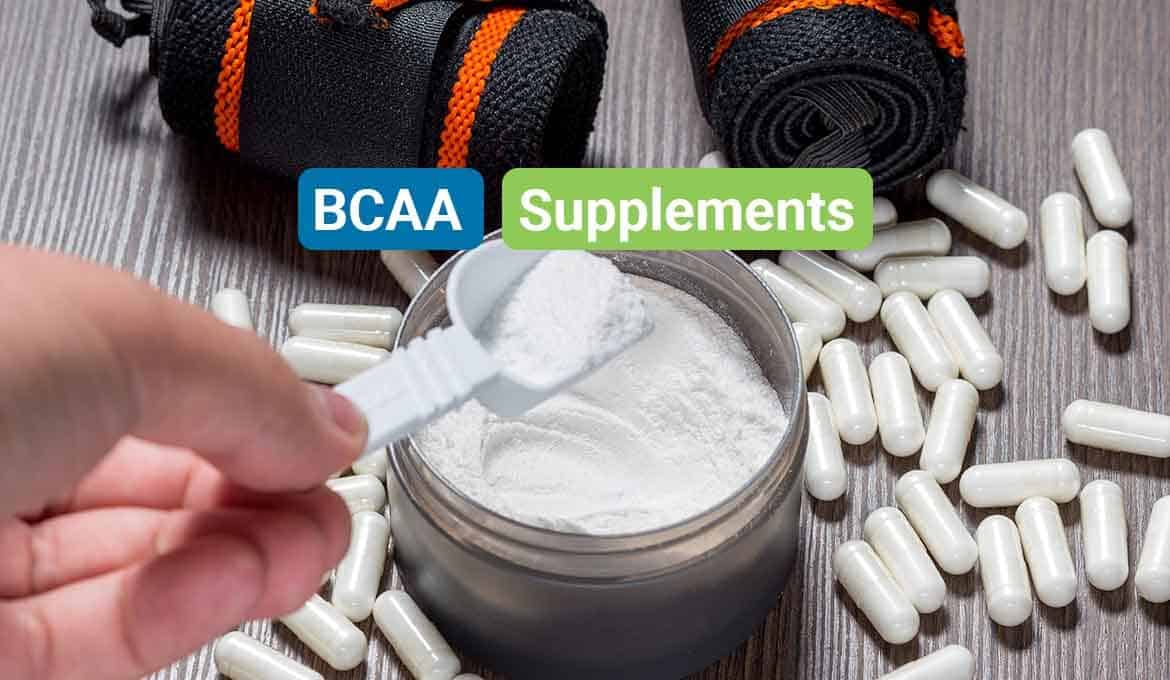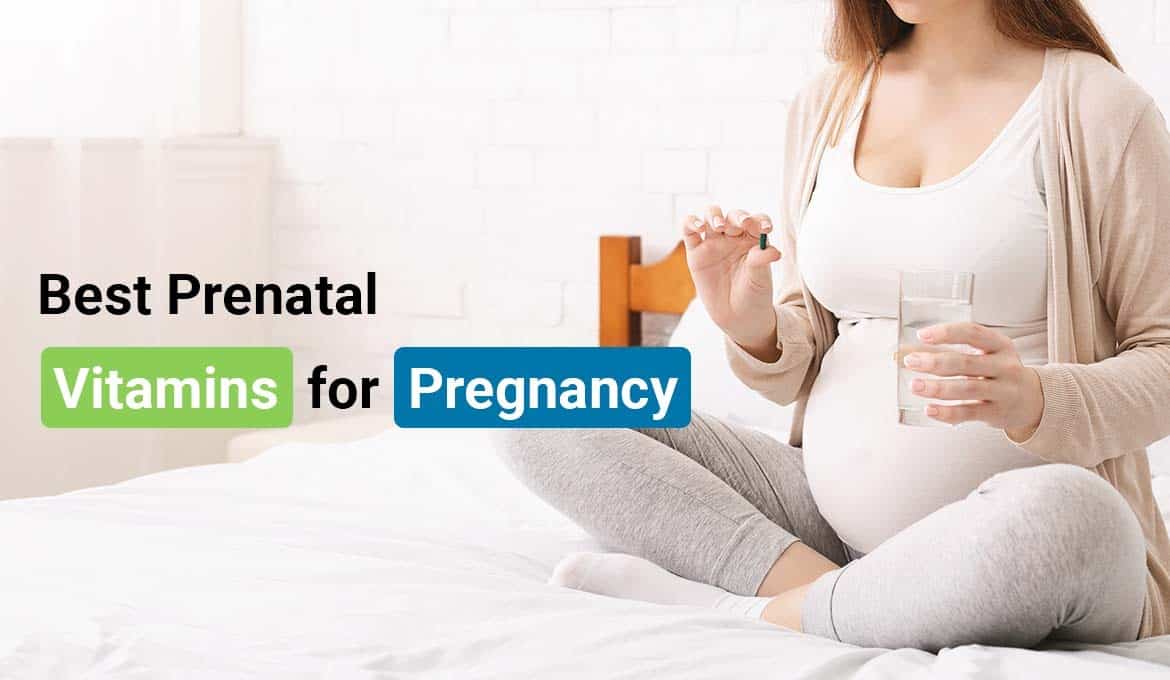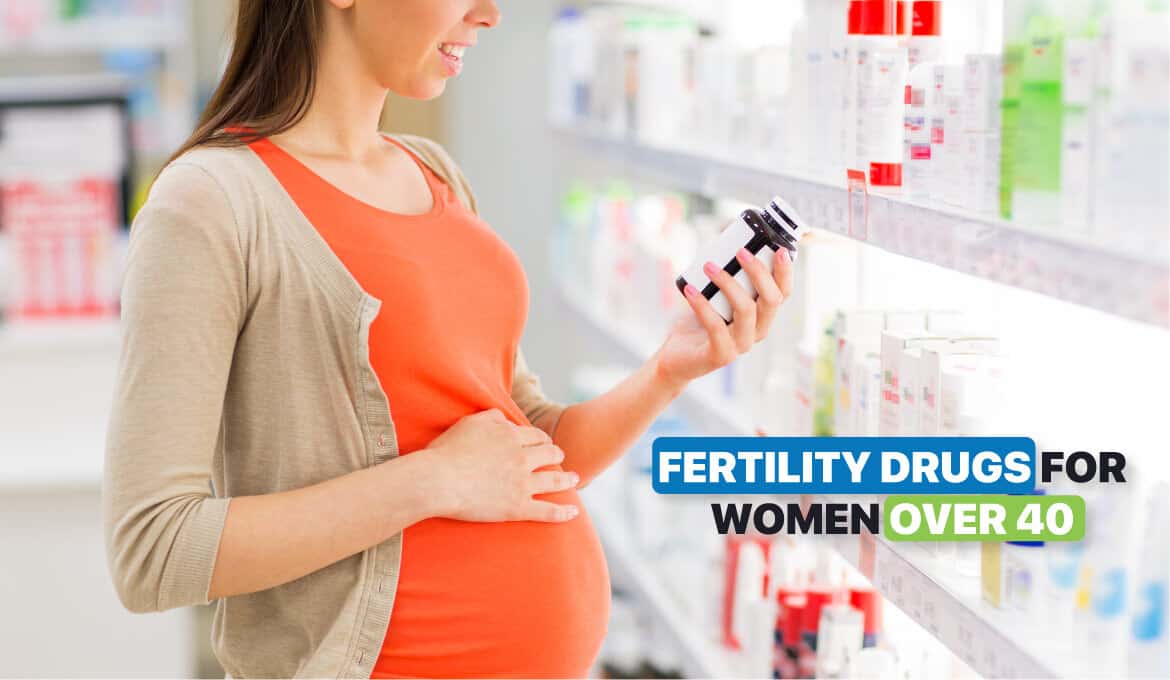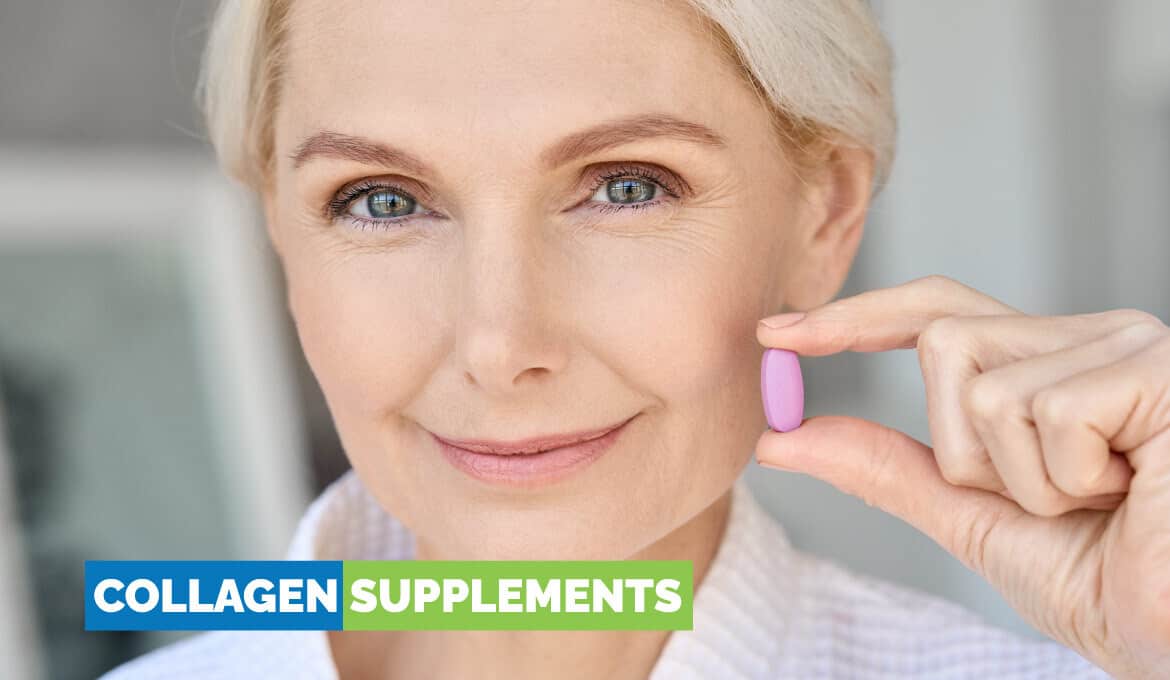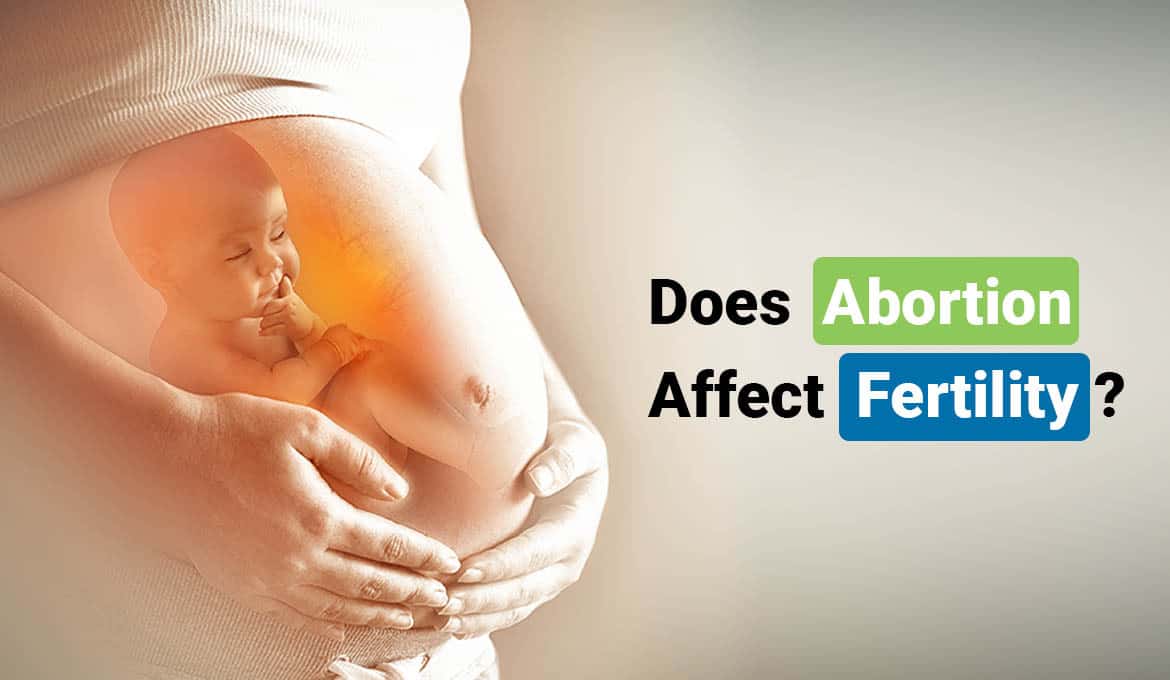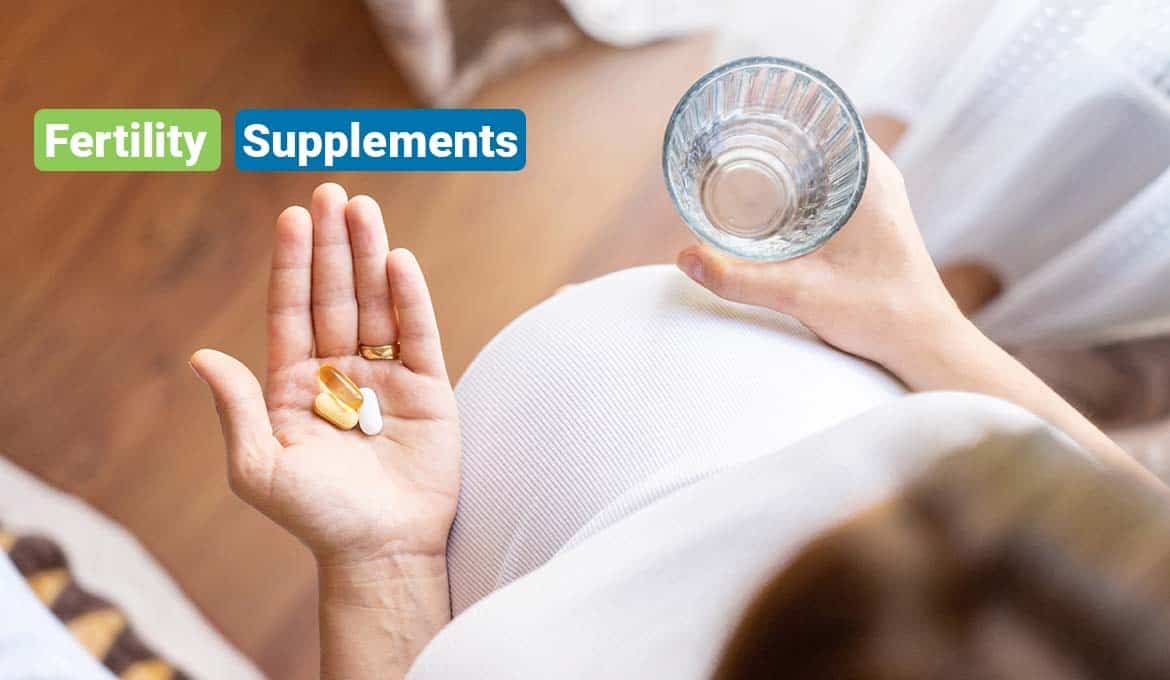
Having a child is often described as being one of the most fulfilling things in life. Most people look forward to having their own little bundle of joy at some point in their lives. However, trying to conceive is hardly as straightforward as it seems.
Several factors come into play when trying to conceive a child. Fertility, for men and women, is one of the primary factors that determine a person’s ability to conceive.
Although this topic has been historically uncomfortable to discuss, people now are much more open to having a conversation about the difficulties that come with conceiving.
A lot of factors that determine the ability to conceive may be out of our hands, and should, in no way, warrant guilt. It is important to communicate with your partner, and your doctor, as this process is far from easy, and to figure out the best way forward.
If you have been trying to conceive for a while, or have just started trying, these changes are worth incorporating into your life to increase your chances of successfully getting pregnant and carrying to term.
Factors Affecting Fertility in Women
There are various factors that can affect fertility in women, such as:
Age –
Female fertility begins at menarche, during adolescence, slowly declines with age (especially after 35), and generally ceases during menopause.
Ovulation disorders –
Issues with ovulation, like PCOS (Polycystic Ovary Syndrome), and premature ovarian failure, can make it difficult to conceive a child.
Hormonal imbalances –
An imbalance in hormone levels, caused by conditions like thyroid problems, can affect ovulation and, in turn, fertility.
Structural issues –
Issues in reproductive parts, like a blockage in fallopian tubes, can prevent successful conception.
Lifestyle factors –
Lifestyle choices such as excessive smoking, or alcohol consumption, can have an impact on fertility. Being overweight, or underweight, can also have an impact on the ability to conceive.
Diet –
One of the ways fertility can be improved is by modifying your diet. This can be achieved by making your meals more nutritious or taking additional supplements that will help your body generate the hormones needed to conceive.
Other factors –
Chronic stress can cause hormonal imbalance which, in turn, can affect ovulation.
Medical conditions, like autoimmune disorders, can also affect fertility in women.
Medications, like chemotherapy drugs, also have an effect on fertility.
What are fertility supplements for women?
Dietary supplements that seek to support female reproductive health and improve the chances of conception are termed “female fertility supplements”. These fertility supplements consist of vitamins, minerals, herbs, and other nutrients that have been observed to promote fertility in women.
It is important to remember that these fertility supplements do not follow a single given formula. Each product is different in terms of combination, quality, and authenticity. It is essential that you understand the list of ingredients, the effect each ingredient can have, and whether or not the supplement suits you.
Fertility supplements are not approved by regulatory bodies like FDA, so we recommend checking for a seal of approval from independent certification bodies like GMP, USP, and NSF. This is to ensure that the product you choose is not adulterated.
Important note: Ask your doctor whether or not taking fertility supplements is right for you. Do not self-medicate without the approval of your healthcare provider.
You May Also Like: Does Abortion Affect Fertility?
The 10 Most Effective Fertility Supplements for Women
Now that we’ve discussed what fertility supplements are and what the factors causing infertility could be, let’s dive into the most effective fertility supplements available in the market today:
Myo-Inositol –
Inositol (more commonly referred to as Myo-inositol) is a carbocyclic sugar that is present in mammalian tissues, especially the brain muscles. It is involved in the process of regulating hormones in our body.
This naturally occurring sugar is primarily produced by the kidney and is predominantly present in the brain. It is principally involved in regulating the insulin level in our bodies, which helps improve hormone balance.
Hormone imbalance is one of the key factors that affect ovulation. Myo-Inositol is able to regulate better hormone balance, which aids in improving ovulation.
Polycystic Ovary Syndrome (PCOS) is a common cause of fertility issues in women. Women with PCOS tend to have trouble with ovulation due to imbalanced hormones. They also suffer from irregular periods.
Myo-Inositol has been observed to be of great help in treating women with PCOS. This supplement regulates hormone levels, which allows for regular period cycles. This results in healthier ovulation and increases the chances of conception.
Folic acid –
Folic acid, also known as Vitamin B9, is a nutrient that is essential for the proper development, and growth, of cells. Folic acid – taken as a dietary supplement – is converted into folate by our body.
Folate is an essential nutrient that is required for the body to manufacture DNA and RNA. The amino acids that are necessary for cell division are metabolized from folate. Our bodies are not capable of producing folic acid, or folate, on their own, making it an essential nutrient to add to any diet.
Folic acid is a dietary supplement commonly recommended to women who are looking to conceive. It is, in fact, recommended well into 12 weeks of pregnancy, to ensure the healthy growth of the fetus.
Folic acid has been observed to improve egg quality by developing a better environment for it, increasing the chances of conception. This is because folic acid helps the body in producing new cells.
Folic acid is also observed to reduce the risk of neural tube defects (NTDs) in a newborn baby. It is especially recommended in the early stages of pregnancy.
Coenzyme Q10 (CoQ10) –
Coenzyme Q10, commonly known as CoQ10, is a coenzyme that is omnipresent in the human body. It is present in every cell and is responsible for the production of Adenosine triphosphate (ATP), which is responsible for 95% of our body’s energy.
Studies have shown that the CoQ10 levels in our body decrease with age. This has been linked to a decline in a woman’s fertility and ability to conceive.
CoQ10 supplements are able to correct this, supplying the body with more energy which, in turn, leads to healthier ovulation. This helps improve the egg’s quality, which increases the chances of conception.
CoQ10 supplements are also instrumental in reducing oxidative stress. Oxidative stress can cause damage to eggs, reducing the chances of conception. CoQ10 is able to act as a shield in combating damage to the ovaries.
Melatonin –
Melatonin is a hormone that is produced in the brain at night by the pineal gland. It is associated with the regulation of the circadian cycle.
Melatonin has been observed to regulate the menstrual cycle, which aids in improving the egg’s quality. Melatonin also helps combat oxidative stress, which helps prevent damage to the eggs.
Studies have also shown that it significantly increases the chance of success in IVF (In-vitro fertilization).
Vitamin D –
Vitamin D is a fat-soluble vitamin that is responsible for the optimal absorption of calcium, magnesium, and phosphate in our intestines. Studies show that vitamin D is essential for the overall well-being of the human body.
Low levels of vitamin D have been linked to an increased risk of menstrual disorders and reduced fertility levels in women.
Vitamin D supplements help to improve the regulation of the menstrual cycle and stabilize hormonal balance. As a result, taking vitamin D helps increase the chances of conception. Furthermore, Vitamin D has also been observed to increase the chances of successful IVF in women who opt for this option.
Vitamin D is also recommended to pregnant women to assist in improving both the mother's and baby’s health. It reduces the risk of gestational diabetes and pre-eclampsia in the mother while aiding in the rate of growth in undersized infants.
Omega-3 fatty acids –
Omega-3 fatty acids are polyunsaturated fatty acids that are essential for human physiology. They are instrumental in helping cells metabolize fat storage into energy.
Inflammation can result in a sharp decline in fertility levels but can be tackled by taking Omega-3 fatty acids, which help reduce inflammation.
Omega-3 fatty acids have also been observed to improve egg quality and support ovulation, leading to higher chances of conception.
Omega-3 fatty acids also lead to improved hormonal balance and reduced oxidative stress. This helps improve the egg’s health.
N-Acetyl Cysteine (NAC) –
NAC (N-Acetyl Cysteine), is a type of amino acid cysteine that plays a vital role in the overall well-being of the human body.
Researchers have found that NAC supports hormonal balance, leading to improved egg health. It has also been observed to protect the egg’s health by reducing oxidative stress. NAC also regulates the menstrual cycle, leading to improved ovulation. These benefits have made NAC useful in increasing the chances of successful ovulation.
NAC can be obtained from natural sources like chicken, turkey, and yogurt. It is also available in the form of supplements for easier ingestion.
DHEA –
Dehydroepiandrosterone, or DHEA, is a circulating steroid that is abundantly present in the human body. Produced primarily by the brain and adrenal glands, DHEA is vital in the production of estrogen sex steroids in women.
Estrogen plays a vital role in determining the hormone and fertility levels in a woman. DHEA helps regulate hormone levels, which aids in the quality of the egg before and during pregnancy.
It has the ability to regulate the menstrual cycle, leading to improved ovulation. DHEA supplementation increases the chances of conception, including conception through IVF.
You May Also Like: Can Pregnant Women Eat Hot Dogs?
Antioxidants –
Antioxidants are substances that help safeguard our bodies from the harmful effects of free radicals. They are extremely efficient in reducing oxidative stress in our bodies. Antioxidants act as a fortification for the eggs, protecting them from damage caused by oxidative stress.
Antioxidants have been observed to increase the chances of conception by regulating hormonal balance and the menstrual cycle. They also help decrease inflammation in the body, which can be a cause of reduced fertility in women.
There are many different types of antioxidants like Vitamin C, Beta-carotene, Vitamin E, and selenium, which can be found in food such as fruits, vegetables, nuts, and whole grains.
Probiotics –
Probiotics are live microorganisms that provide benefits to the gut, digestive system, and immunity when consumed. They help improve or restore gut microbiota.
Probiotics are instrumental in improving gut health and reducing inflammation. The reproductive system is interconnected with the digestive system, and a healthy digestive tract can impact the reproductive system positively.
Probiotics have also been observed to improve egg quality and regulate the menstrual cycle. This makes them an ideal supplement to take when looking to conceive.
Probiotics are found in fermented food like yogurt, curd, and kimchi. When looking for a probiotic supplement, it would be wise to browse for one that contains multiple strains and is designed to target and improve women’s health.
Other supplements you can use
Selenium –
Selenium is a mineral that helps the overall health and well-being of the body. It acts as an antioxidant that protects the body against damage caused by free radicals.
Selenium primarily aids in improving fertility by reducing oxidative stress, which leads to healthier eggs. It also supports improved hormonal balance in women, leading to healthier ovulation.
Selenium is found in nuts, whole grains, and seafood, and can be easily incorporated into your diet.
Vitamin E –
Vitamin E is a fat-soluble vitamin that also acts as an antioxidant. It helps negate the damage caused by free radicals in our bodies. Vitamin E has been observed to increase the chances of conception in women, this is because Vitamin E is highly efficient in reducing oxidative stress and improving hormonal levels.
Moving forward
Trying to conceive can be stressful, and the temptation to do whatever it takes to successfully conceive can put a lot of pressure on a person. However, you needn’t worry. There are many supplements in the market to help you increase your chances of conception.
That being said, it is vital that you remain cautious while choosing a supplement. The first, and absolutely necessary, step is to consult with your physician and ask them if taking supplements is right for you.
This is to help you understand what your body needs without you having to interact with medication that you are either taking or will not react well to. Keep in mind that medication can sometimes have detrimental effects, especially if you self-medicate.
It is also worth noting that supplements easily available in the market do not have to be cleared by regulatory bodies like the FDA.
Therefore, it is important to look for a reputed source, manufacturer, and seal of authenticity before buying any supplements once you have been given the green light by your doctor.
Conclusion
Trying to conceive a child can be just as stressful as it can be fun. It’s important to relax and enjoy the process. Remember that getting pregnant is not necessarily straightforward, and can sometimes take longer than expected.
Maintaining a healthy diet and lifestyle can go a long way in increasing the chances of conception. A healthy mind is also just as important as a healthy body, and it is important to avoid stressing about it. After all, having a child is a beautiful, magical thing.
Bear in mind that taking the right supplements can be an advantage while you’re trying to conceive, as long as you’re careful and have spoken to your doctor in detail about what is and isn’t suitable for you.
FAQ
Q: Are supplements necessary to conceive a child?
Ans: Fertility supplements are not always necessary when trying to conceive. It can, however, offer an added advantage.
Q: Is it possible to get the nutrition available in fertility supplements from my diet?
Ans: It is possible to absorb the nutrients available in supplements through your diet. Most of them are found in fruits, vegetables, grains, nuts, and meat. However, it might not be possible to consume all these food groups in the required quantity. Supplementation makes it easier to meet the demand for these nutrients.
Q: How to select a fertility supplement?
Ans: It is important to consult your doctor when choosing a fertility supplement. Your doctor can help you understand the specific needs of your body, and aid you in selecting the right supplement.
Q: What should I keep in mind while buying a fertility supplement?
Ans: It is important to remember that companies do not have to pass tests by regulatory bodies like the FDA to manufacture supplements. It is, therefore, important to research your options before you choose a particular supplement. Go for a product from a well-reputed manufacturer which comes with seals of authenticity.
Q: What lifestyle changes should I make to increase my chances of fertility?
Ans: Fertility can be improved vastly by making lifestyle changes. It is helpful to avoid habits like smoking and drinking, as this can lead to better lung and heart function.
It is also beneficial to engage in physical activities that lead to better blood flow and breathing rate. Another vital change you can make is getting accustomed to a better sleep schedule. Getting adequate and regular sleep can greatly benefit your overall health.
Read Also:

